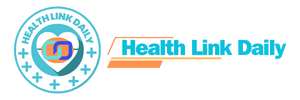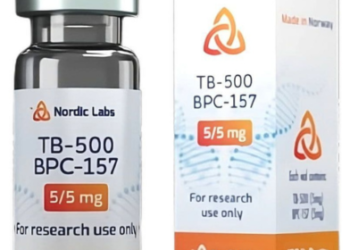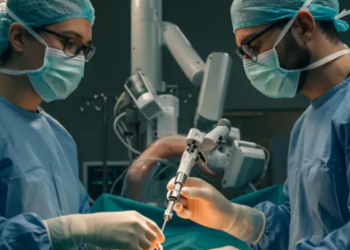A happy body and a happy mind are the biggest assets you can have in this materialistic world. A Registered Dietitian Nutritionist (RDN) plays an important role in healthcare by bridging the gap between nutrition science and patient well-being. Their knowledge extends beyond food recommendations, and they examine, diagnose, and treat nutritional issues to ensure patients’ best health. With the growing frequency of chronic diseases and malnutrition, Registered Dietitian Nutritionists (RDN)are more important than ever. Here are five key responsibilities that an RDN plays in healthcare.
1. Medical Nutrition Therapy and Disease Management
An RDN’s key responsibilities include offering Medical Nutrition Therapy (MNT), a treatment strategy that uses nutrition-based interventions to address medical disorders. RDNs use MNT to generate personalized meal plans and dietary changes based on individual health needs.
- Chronic Disease Management
RDNs collaborate with patients with diabetes, cardiovascular disease, renal disease, and other chronic disorders to create dietary plans that control symptoms and improve outcomes.
- Gastrointestinal Disorder
Irritable bowel syndrome (IBS), Crohn’s disease, and celiac disease necessitate particular diets. RDNs assist patients in choosing optimal meal choices to relieve symptoms.
2. Preventive Health and Wellness Promotion
RDNs play an important role in illness prevention and wellness promotion by educating people about healthy eating practices. They provide dietary advice, training, and wellness programs at hospitals, corporations, schools, and community centers. Their advice aids in the prevention of chronic diseases like obesity, type 2 diabetes, hypertension, and metabolic syndrome. They also work with specialized groups, such as,
- Pregnant Women
Providing adequate nourishment for maternal and fetal health.
- Children and Adolescent
Promoting a healthy diet to aid growth and development.
- Elderly people
Addressing age-related dietary issues such as bone health and muscle loss.
3. Clinical Nutrition Management in Hospitals
RDNs provide inpatient nutrition support in hospitals and clinical settings, ensuring patients are given the proper nutrients according to their medical circumstances.
- Enteral and Parenteral Nutrition:
Certain patients need to be fed through a tube or intravenously, such as those who have gastrointestinal problems or swallowing impairments.
- Surgery Patients’ Dietary Recommendations
To promote healing and lower the risk of problems, patients frequently need to have certain dietary changes before and after surgery.
- Partnership with Healthcare Teams
RDNs collaborate with physicians, nurses, and therapists to incorporate dietary practices into patient treatment programs.
4. Public Health and Nutrition in the Community
By addressing dietary issues at the community level, Registered Dietitian Nutritionists (RDN) support public health programs and provide individual patient care.
- Nutrition Education Programs
RDNs create instructional initiatives for community centers, companies, and schools to encourage good eating practices.
- Disease Prevention Campaigns
RDNs participate in campaigns to increase public knowledge of the importance of nutrition in preventing heart disease, diabetes, and obesity.
- Workplace Wellness Programs
RDNs are frequently hired by businesses to create wellness initiatives that motivate staff members to eat well, increasing output and lowering medical expenses.
5. Advocacy for Research and Policies
RDNs also advocate for policies and conduct nutrition research, which helps to shape healthcare standards and practices.
- Clinical Research
RDNs conduct research to assess how dietary interventions affect different medical problems, helping develop evidence-based nutrition guidelines.
- Policy Development
In collaboration with legislators, they push for laws that support improved nutrition labelling, school lunch programs, and the availability of wholesome foods.
- Personalized Nutrition Programs and Nutrigenomics
DNS can now investigate how genetics affect dietary requirements due to developments in nutrition research.
Final Thoughts
Registered Dietitian Nutritionists (RDNs) play an essential role in the healthcare system, covering various nutritional requirements, including illness management and public health advocacy. Their roles in clinical nutrition, preventative health, food service management, research, and essential care support total well-being. RDNs use their expertise to help individuals and communities achieve better health outcomes and increased lifespan.










